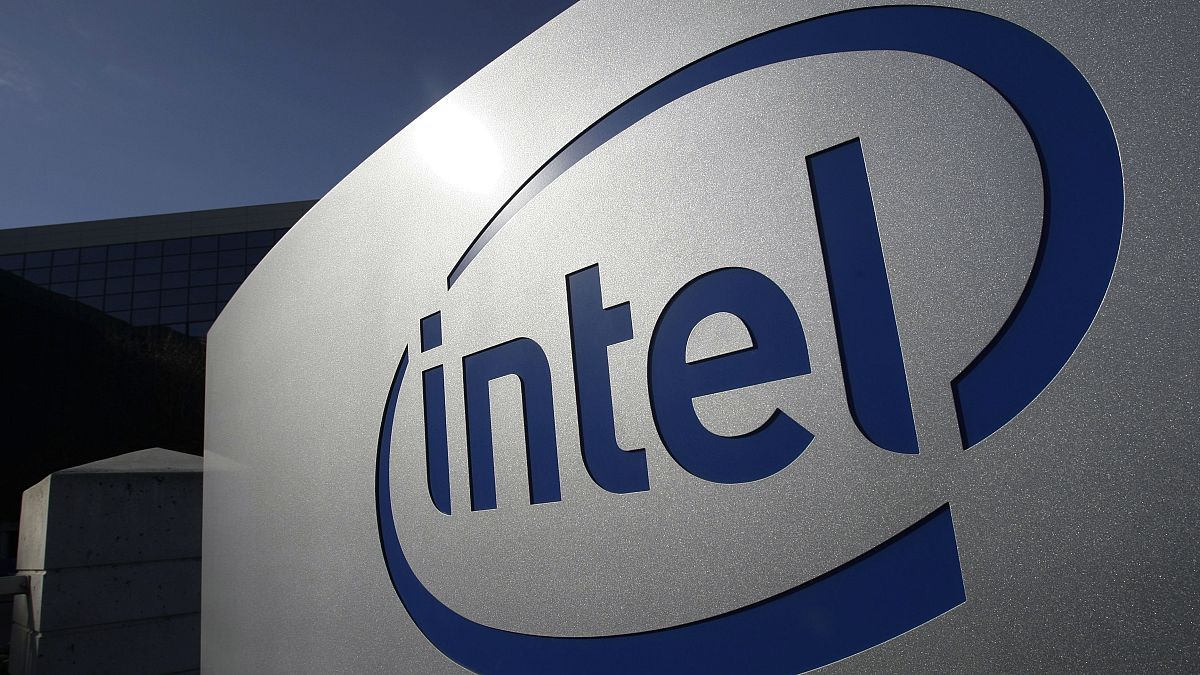After nearly two decades of legal battles, the European judges have ultimately ruled in favor of US tech giant Intel, overturning a €1.06 billion fine imposed by the EU antitrust enforcer. This decision by the European Court of Justice (ECJ) highlights the need for the European Commission to provide more evidence when finding loyalty rebates to be anticompetitive. The case revolved around rebate schemes that Intel offered to computer businesses like Dell, Hewlett-Packard Co, NEC, and Lenovo, contingent on their exclusive purchase of Intel’s computer chips. The Commission alleged that these rebates hindered market competition from Advanced Micro Devices (AMD). However, the recent ruling underscores the importance of analyzing the actual impact of rebates on competition rather than relying on presumptions.
In the Thursday ruling, the European judges emphasized the necessity for the Commission to thoroughly assess the effect of loyalty rebates on competition. This includes examining the company’s dominant position in the market, the market share covered by the rebates, their duration, and amount. Furthermore, the Commission must consider whether there is a strategy in place to exclude competitors that are as efficient as the undertaking. The decision advocates for an effect-based approach, requiring the Commission to present supporting evidence in cases involving fidelity rebates. This ruling contradicts the Commission’s guidelines from last August, which favored a presumption-based approach for assessing abuse of dominance.
Assimakis Komninos, a competition partner at White & Case, described the ruling as a significant endorsement of the effect-based approach. He emphasized that the Commission will now need to take economic evidence into account when assessing cases of alleged anticompetitive behavior related to rebates. The judgment marks a pivotal moment in the ongoing dispute between Intel and the Commission, with significant implications for future antitrust cases in Europe. While the ruling may bring an end to this specific legal battle, there is another pending case before the European judges concerning “naked restrictions,” where Intel allegedly paid computer manufacturers to delay the launch of products containing competitors’ chips.
While this ruling may represent a victory for Intel, it also underscores the importance of evidence-based decision-making in antitrust cases. The European judges’ decision to overturn the massive fine imposed on Intel highlights the need for a more thorough and comprehensive analysis of the impact of loyalty rebates on competition. This ruling sets a precedent for future cases involving dominant market players and their pricing strategies. By emphasizing the need for a detailed examination of the actual effects of rebates, the European Court of Justice is signaling a shift towards a more nuanced and evidence-driven approach to antitrust enforcement.
The implications of this ruling extend beyond the specific case involving Intel, potentially reshaping how antitrust cases are handled in Europe. The judgment’s emphasis on economic evidence and the actual impact of rebates on competition signifies a departure from previous presumption-based approaches. This shift towards an effect-based analysis could lead to increased scrutiny of loyalty rebate schemes and other pricing practices by dominant market players. Companies operating in Europe must now be prepared to provide detailed evidence to support their pricing strategies and defend against allegations of anticompetitive behavior.
In conclusion, the European Court of Justice’s ruling in favor of Intel represents a significant development in the ongoing battle over loyalty rebate schemes and antitrust enforcement in Europe. This decision underscores the importance of evidence-based decision-making in assessing the impact of pricing strategies on competition. By requiring the European Commission to conduct a detailed analysis of the actual effects of rebates, the ruling sets a precedent for future antitrust cases. Companies operating in Europe must now be vigilant in providing supporting evidence for their pricing practices to avoid potential antitrust violations.





















